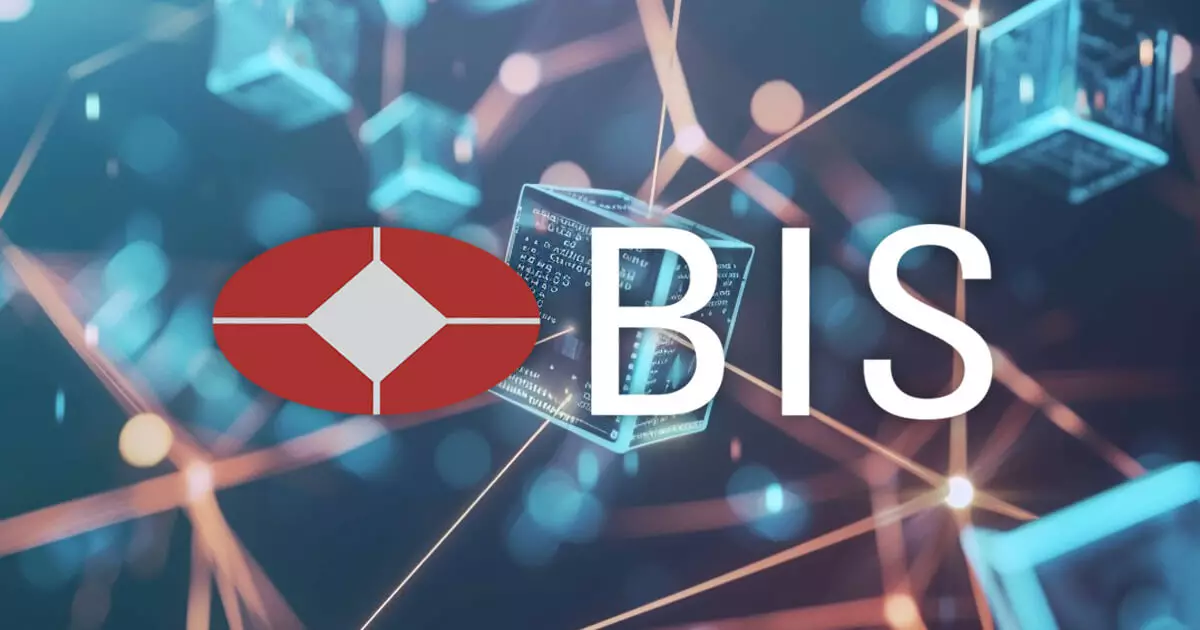The collaboration between the Bank for International Settlements (BIS) and several central banks marks a proactive step towards solving the complex challenges of regulatory compliance in cross-border transactions. Announced on October 28, this initiative, known as Project Mandala, brings together the BIS Innovation Hub Singapore Centre and central banks from Australia, Korea, Malaysia, and Singapore. With the increasing globalization of financial services, establishing a uniform regulatory framework to facilitate smoother international exchanges is more pressing than ever.
Cross-border transactions often face a plethora of regulatory hurdles, primarily due to diverse legal frameworks across jurisdictions. These discrepancies can result in increased costs, delays, and logistical nightmares for businesses and individuals alike. Project Mandala aims to harness innovative technology to streamline compliance, ensuring that regulatory norms are uniformly adhered to, thereby minimizing friction that often plagues international payments. By tackling these challenges head-on, the project aspires to create a more cohesive ecosystem that supports global trade and financial interactions.
At its core, Project Mandala seeks to automate compliance processes, vastly improving the speed and efficiency of cross-border transactions. The initiative’s use of a compliance-by-design approach, emphasized by Maha El Dimachki, aims to marry the necessity for stringent regulatory checks with the need for privacy and data integrity. This focus ensures that while transactional oversight remains steadfast, businesses can operate with confidence and agility in a dynamic global market.
The proof-of-concept status achieved by Project Mandala signifies a critical milestone, aligning the project with the G20’s objectives of enhancing cross-border payments. The innovative mechanisms embedded within the initiative—such as a decentralized system integrating a peer-to-peer messaging framework and compliance-check engines—highlight its commitment to ensuring that all necessary checks are completed before transaction initiation. This structure not only enhances transaction integrity but also generates necessary compliance documentation, serving as a fundamental tool in building trust among trading partners.
One of the most compelling aspects of Project Mandala is its adaptability in incorporating emerging technologies. By effectively integrating with digital asset settlement systems—like wholesale central bank digital currencies (CBDCs) and conventional platforms such as SWIFT—Mandala positions itself as a future-ready solution. Its ability to support both current financial ecosystems and the anticipated evolution towards more digital-centric environments underscores its transformative potential in the financial sector.
Project Mandala represents a pivotal advancement in the pursuit of seamless and compliant cross-border transactions. By addressing the inherent complexities of regulatory discrepancies through innovative technology, this initiative not only promises to cut costs and expedite processes but also builds a more transparent and trustworthy global financial landscape. As the world increasingly gravitates towards digital currencies and borderless transactions, the principles and technologies behind Project Mandala will be crucial in shaping the future of international finance.


Leave a Reply